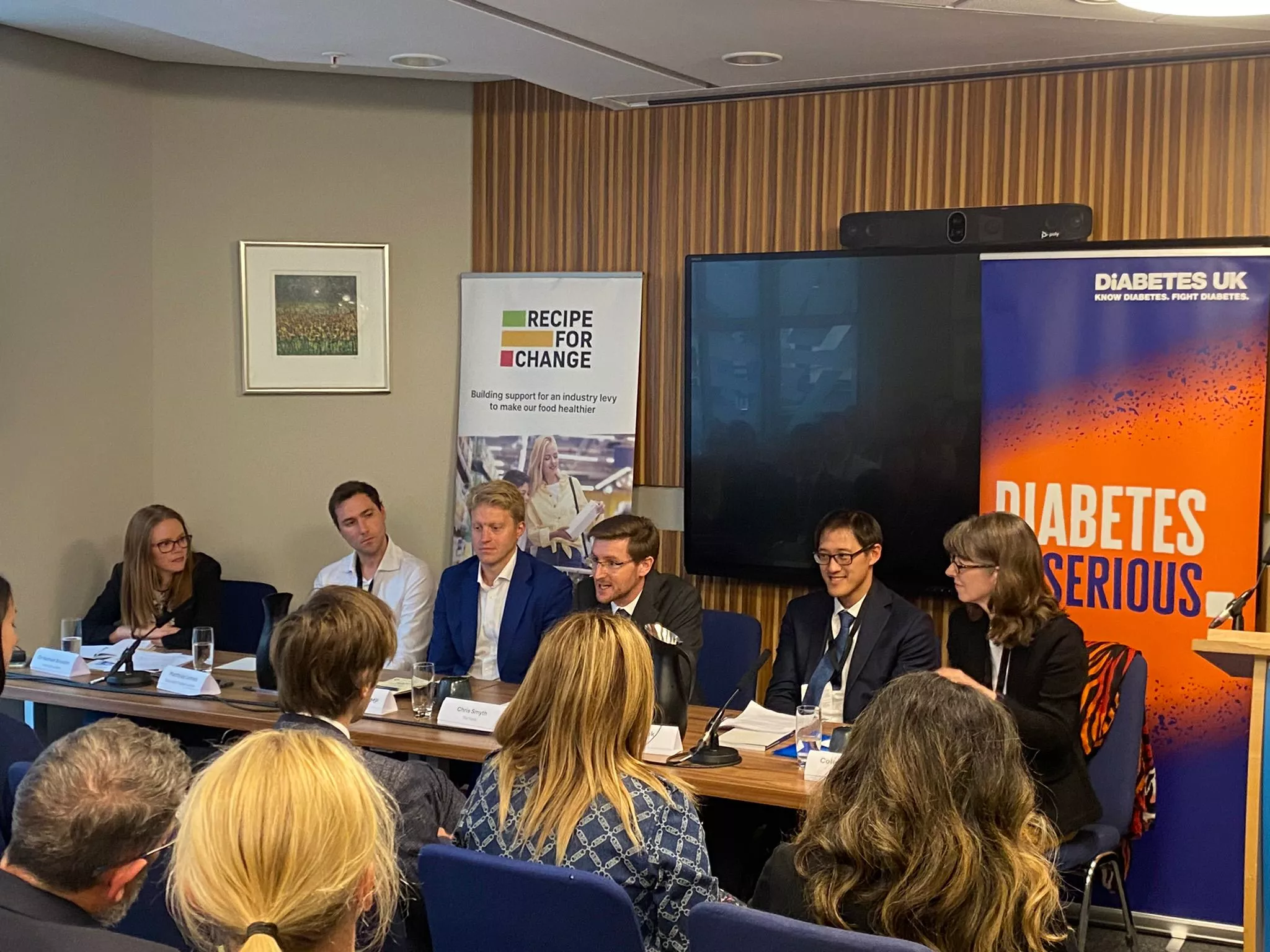
Almost 100 days ago, the General Election saw the Labour Party win and its leader, Sir Keir Starmer become the UK Prime Minister. At Diabetes UK, we, along with all our campaigners and supporters, have been busy talking to the new government and MPs of all parties to ask them to champion improvements in diabetes care, prevention and support.
We’ve already seen an independent investigation of the NHS in England by Lord Ara Darzi acknowledging the challenges in diabetes care and the government has made some early commitments to create a healthier food environment.
But this is only the start. We want to seize this opportunity to build on the success of our Diabetes is Serious and Diabetes Tech Can’t Wait campaigns, and secure ambitious change to improve the lives of everyone affected by diabetes.
Diabetes on the agenda in parliament
With so many new parliamentarians, we need to make sure they understand diabetes and the urgent need for change. So we, along with thousands of our supporters, have written to the new Ministers and all MPs to share the real-life stories of people affected by diabetes, data about their local areas, and details on how they can help to improve diabetes care.
We’ve been really pleased to see MPs raising diabetes in the House of Commons, including Sarah Bool, Victoria Atkins and Luke Murphy talking about how diabetes has impacted them and their families directly.
Talking about diabetes at Party Conferences
Over the past month, our team, along with some wonderful volunteers, have been busy at party political conferences.
This autumn we attended the UK Labour, Conservative and Liberal Democrats conferences to reach as many MPs as we can. We’ll continue to engage with other parties and politicians in the devolved parliaments throughout the year.
At both the Labour and Conservative conference we co-hosted a panel event on children’s health, alongside the Recipe for Change Campaign. Our Chief Executive, Colette Marshall (pictured, far right) highlighted the impact of the rise of type 2 diabetes amongst young people.
At the moment, adverts for junk food bombard us on our phones and on our high streets, and there is an abundance of unhealthy food on the shelves, so it’s vital that the government acts quickly to make it possible and easy for us all to make healthy choices.
Minister for Public Health and Prevention, Andrew Gwynne, reiterated the government’s commitments to introduce steps that we would welcome, including:
- Introducing restrictions on junk food marketing online and on TV before 9pm
- Banning the sale of energy drinks to under 16s
- Introducing plans to give local councils more powers to stop hot food takeaways opening in their communities.
At the Conservative party conference, Shadow Minister for Mental Health, Prevention and Public Health, Dr Ben Spencer, stressed the link between obesity and poverty, and the need to make sure that healthy food options are available and affordable to all.
We also had great individual meetings with newly elected MPs at all three conferences, we talked about the life-changing difference diabetes technology can make, the need to make healthy food more affordable, and how we can tackle the inequalities in diabetes risk and health outcomes.
Our volunteers, Sue and Kamala, shared their experiences of living with diabetes with MPs at the Labour conference. Kamala said:
“It was very exciting to attend the conference at the start of a new Parliament with feelings of hope for meaningful change. People living with diabetes deserve the care and support they need and attending the conference gave us the opportunity to discuss policies that could help improve diabetes care, treatment and support.
"It was also great to meet some MPs, including Alex McIntyre who is interested in supporting Diabetes UK’s work. I also had the pleasure of meeting Andy Burnham, Mayor of Greater Manchester. Overall, the experience was amazing and I feel lucky to have been given the opportunity to help push for better diabetes care."
And Sue said:
“I would conclude that the message out there is that partnership across medical disciplines is crucial and that cutting down on bureaucracy will benefit patients. There did seem to be a willingness to re-build the NHS. The harnessing of digital to help all patients is vital. The biggest shift, though, has to be towards prevention."
What happens next?
We’ve heard that the government will be launching a ‘Big Conversation’ in the next few weeks to inform their 10-year plan for health.
They’ll be listening to patients, charities and healthcare professionals through consultation, meetings, citizen’s assemblies and focus groups.
We’ll be keeping an eye out for how we can get involved and we will make sure the voices of people living with diabetes are heard. Sign up here for updates.
